The way the Budget Speech was written, and read, makes it extremely difficult to assess it holistically. One has to take a step back and try and get an overview to try and assess what are the Budget 2017’s aims and intentions. This is what we will try to do in this leader.
First of all, one has to look at it in its wider context, as part of a five-year process by the party in government. First came the stabilisation of the economy, then fostering growth and creating new jobs. The time has now come to think of those who are not benefiting from the growing economy.
This is a Budget that sets out, as it declares, to address the people at the lower level of society which had been left out in previous Budgets. But in doing so it fails to address the aims and problems of the middle class such as through more tax cuts. And it is the middle class that gets the economy to grow. We note we are not the only ones to be saying so.
The Budget Speech in detail, the numbers: a year ago, government had said the target for 2016 was a deficit of 1.1%. Actually, by the end of this year the deficit will be brought down to 0.7% and next year will be as low as 0.5%. There will be no spending spree but only as is affordable by the country. Malta’s public debt will be 63% this year and targeted to be 61.9% next year. Real GDP growth will be 3.5% (nominal 5.8%).
Taxes: The main change in taxation regarded changing what used to be taxed by the eco-contribution to an excise tax, the reason being that the eco-contribution proved too difficult to collect whereas the excise duty is easier to collect.
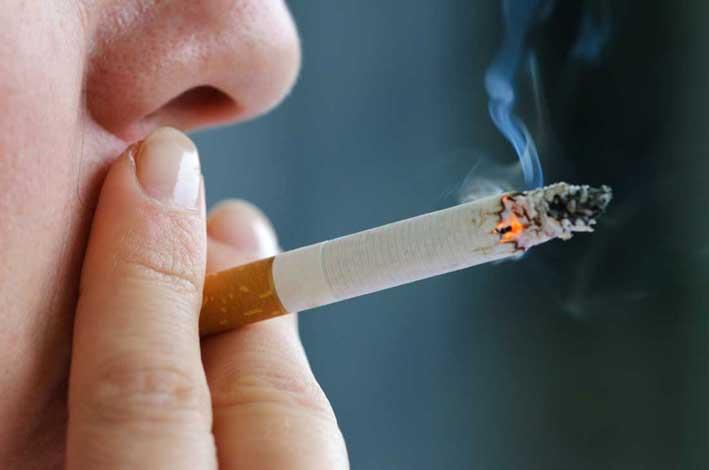
Cigarettes will increase by 3% and non-alcoholic drinks have been increased by the same amount. The new taxes introduced by this Budget will be minimal but they will be important: they introduce the principle and establish the trail, such as a small tax on detergents and toiletries and on the black plastic rubbish bags and more importantly a small tax on materials used in the construction industry, not just cement and steel rods but also glass and ceramics (in other words what is being imported from Sicily and paying no tax).
Some tax changes are quite specific: tax on dividends on stocks listed on the Stock Exchange will be refunded. For next year only, transfer of business from parents to children will be taxed at 1.55, instead of the present 5%. This is to avoid so many legal squabbles and complications with the causa mortis.
The first time buyer scheme which has proved very successful will be extended for another year. Incentives are being brought in to encourage people to develop properties in UCAs with government help being given.
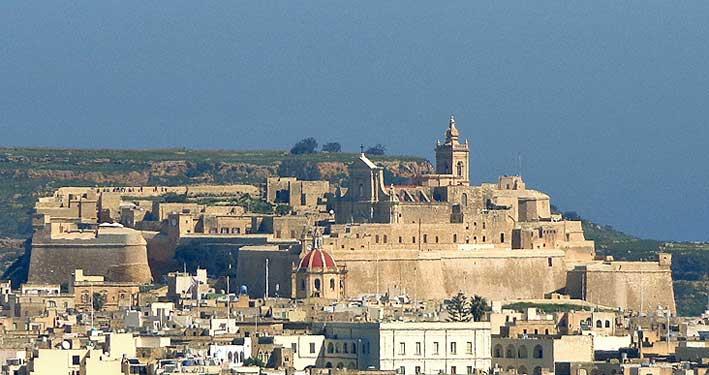
All property selling in Gozo will be taxed at 2% instead of at 5%.
After the drive to get promises of sale to be registered, done by the PN government, rental property deals will now have to be registered with the government, although not necessarily (so far) to be registered at the Public Registry (insinwati).
The list of Budget 2017’s social measures is endless: the government has given itself a three-year deadline so that all children under 16 will not be allowed to fall at risk of poverty. A whole raft of in-work benefits, many introduced last year, have been made better.
The Cost of Living Allowance had been established at €1.75 per week. According to Minister Scicluna, the RPI estimate was only finalized yesterday morning and it would have given just a €1.16 increase per week but government accepted to go on with the €1.75 it had planned to give and recoup it whenever inflation gives a higher COLA next year.

One important section of the Budget Speech regarded pensions. Those with rock-bottom pensions will get a supplementary help. Pensions will not be taxed and those who get pensions from elsewhere will not be taxed on the first €13,000 pension they get (€13,000 being the higher rate of pension in Malta).
There will be a thorough change in the means testing with regards to the carers’ allowance (pensjoni tal-wens) and other strange conditions, such as the carers must not be married, will be removed.
An important change regards the people with disability: previously these were all treated on one level but now with regards to two disabilities, the lowest on the Barthel classification, many of which are bed-ridden, who will get the minimum wage over a three-year period.
There has been a drastic rethinking of government policy with regards to rents of social housing. After the liberalization of rents in 2009, rents of people in government housing rose in 2010, 2013 and would have risen this year. Maybe after the commitment by the Opposition to retract the latest rent increase, the government has now accepted to retract rents to the 2009 level.
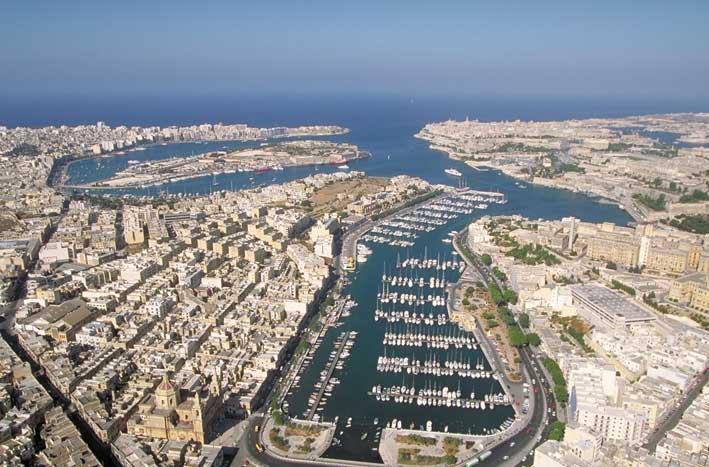
One declared aim of government is to get a full picture of the rental situation which many times verges on the black economy. The government thus seeks ways to get people in rental accommodation who get government assistance to register their rents with the government, the aim being to see if the landlords are registering their revenue through rents. There is also a rather obscure case of people who get such assistance only on presentation of a written affidavit whereas government would want the situation to be better regularized.
Government has set up a fund costing €8 million a year over a span of seven years to mop up issues regarding pensions of different categories of people, from Water & Electricity employees, to members of the various Korpi (set up by the 1980s regime), to dock workers, and to police claiming unpaid overtime payments, etc.
Government will also set up bonds which may only be bought by pensioners, giving them a higher yield.
Among the various programmes and initiatives announced, one may mention to giving of stipends to students at the Alternative Learning Programme, and to those who repeat courses although at a lower level.
It has been estimated that by the end of this year Malta will have reached 50% of its target for the 2020 alternative energy plan. The solar panels scheme will thus continue for another year and WSC will create an improvement at Ta’Barkat and at Bahrija to compensate for the disruption caused by works at these places. The refund of VAT paid by car owners in 2006 will continue.
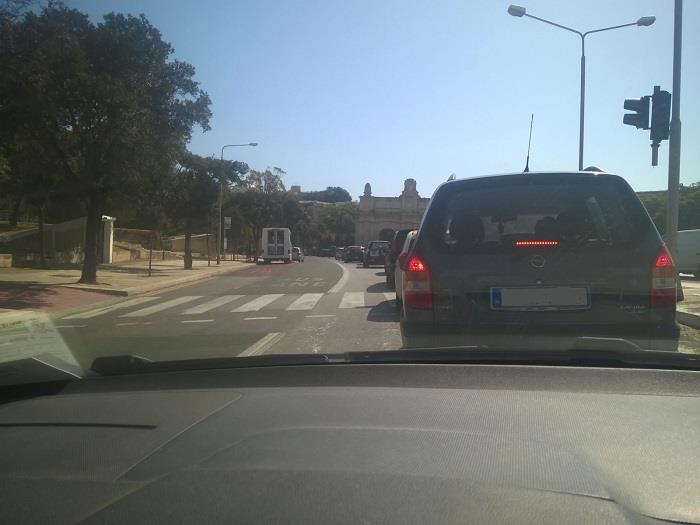
As regards traffic, the Budget Speech includes a scheme to promote collective bussing by private industry and even small SMEs who get together. A pilot project at Planning Authority in this sense was a success.
Those who reach 18 years of age next year will get a free bus card for a whole year.
There will be a fast ferry service between Mgarr Gozo and Valletta.
Businesses will be encouraged to help their local councils on community projects and get tax rebates to do so.
The new Malta Development Bank will start up with an authorized share capital of €200 million with its first project being a breakwater for Marsamxett.
Malta will get a fibre optic link to Marseille so as to avoid reliance only on the Italian grid.
The former Mtarfa hospital will be developed into a private school: a call for expression of interest will be issued soon.
There will be a number of public consultations:
- To see if parents could get sick leave if their children are sick;
- To extend sick leave for cancer patients;
- Regarding voting at age 16
- Regarding blood donation by gays
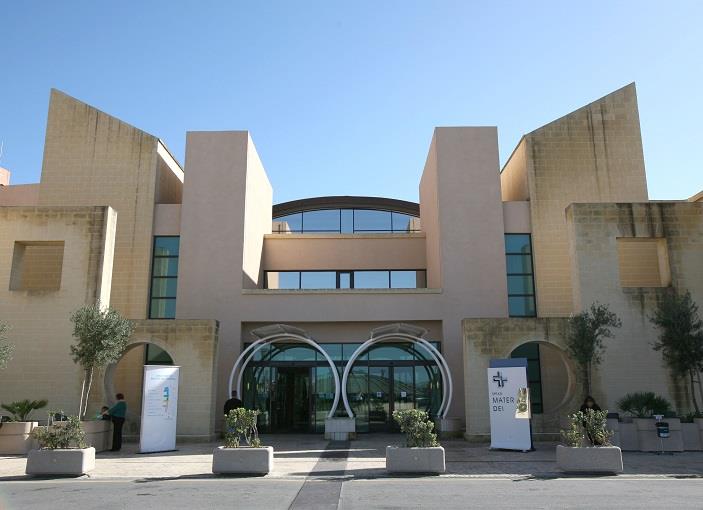
Malta will get again a Mother and Child Hospital, outside of Mater Dei and on the lines of what used to be Karen Grech Hospital.
There will be a €123 million fund, funded partly by ERDF, to promote embellishment and lifts in government housing blocks.
There will be a new system of hospital carers who aim to give parents of sick children some respite say once every six weeks.
In conclusion:
One also notes the government failed to address the cost of energy with regards to which our sister Sunday paper explained how this could be done. On the contrary, at one of yesterday’s briefings, there were some quite wide smiles hinting that The Independent got it wrong. One wonders who got it wrong.
One would have expected more to be said on the macro-economic level, with problems such as Brexit and the euro featuring in it.
The part on traffic is very skimpy – once again it fails to address the structural problems in this regard and offers only some palliatives.